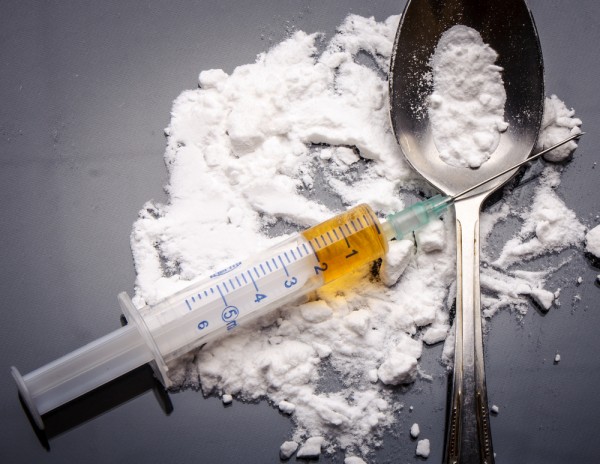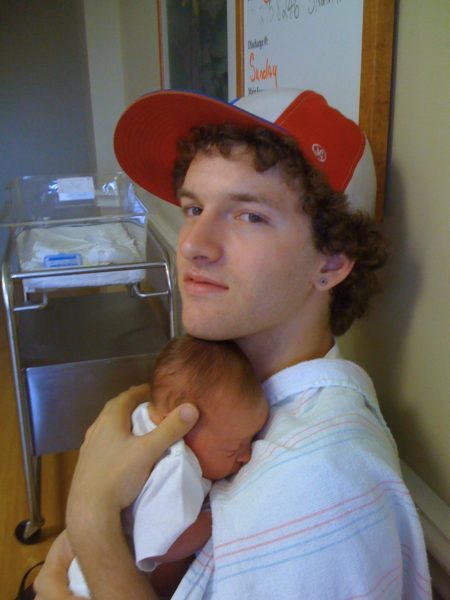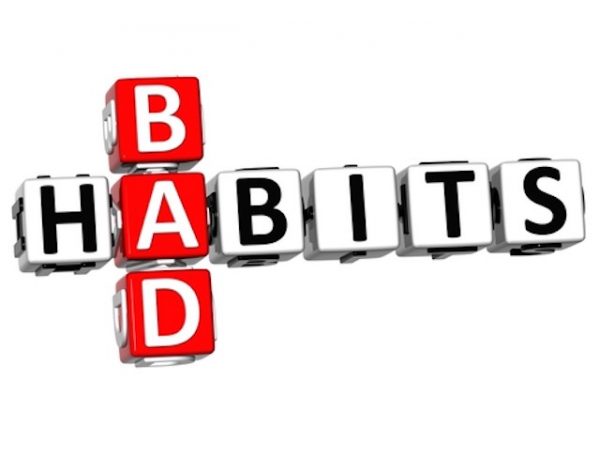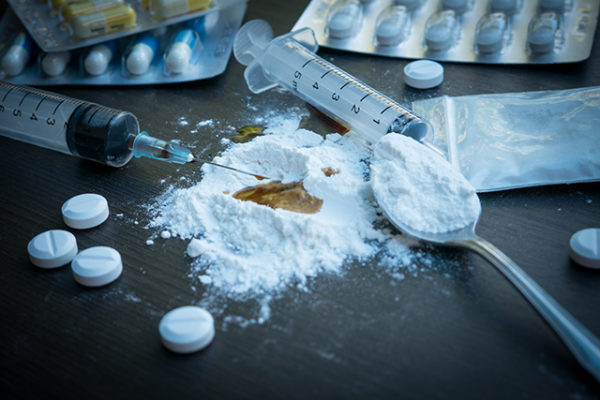Enjoy Part Two of our addiction series!
Me: So cutting. Cutting is different to me. Tell me about people who cut. Why? Why?
Erik: Cutting is just an outward damage. What do you mean? Addiction to food, that one’s just inward damage. Are you an extrovert or an introvert? Addiction to food changes your appearance, though, if you become obese or too thin. That’s an outward experience.
Me: Well, why do they do that? What is it about pain or the act of cutting?
Erik: Pain lets you know that you’re alive. Sometimes you get into those numb places where you just need to know that everything in your life is truly real, that you are really living this; you are really experiencing this. Cutting is their answer to that.
Me: Okay, tell me more. Is there something about control? Is it a control issue?
Erik: When you look at examples of people who cut, they do so in places people can’t see, so they’re very good about hiding it, and it’s not so deep that it’s suicidal, that they would lose a lot of blood. It’s just enough to create a sensation in the body that allows them to feel alive or even more grounded. All the mental chaos and all that’s happening in their life is just wet. You don’t really feel dry or warm. You don’t feel cold. You just feel one thing and that’s numb. Cutting kind of takes them out of that. They also cut because they can’t control the environment that’s around them. All they can do is control themselves.
Me: So an example might be if they’re being abused by somebody?
Erik: Yes.
Me: And they can’t control that. Then they start cutting to have some control over the chaos in their life?
Erik: Yes.
Me: It sort of puts order back in. Is there anything about being able to have a secret?
Erik: No, it’s, well yes, for some, it’s about having a secret, having nobody else know about it, but that’s with many other addictions as well. It comes with this, “I’m in control, and nobody else can tell me what to do. I don’t have to report to anybody else. I can manage my own dosage any time that I want to, and I don’t have to share this with anybody.” It’s a control thing. It’s not so much of a secretive thing. A lot of times, people with addictions what other people to know about it so they can feel like somebody else is going to understand them instead of judging them. Really, it’s kept quiet because they don’t want to be judged.
Me: Ah, okay. Tell me some other stuff about addiction that might help those who are addicted.
Erik: A lot of people will say that there are good addictions and bad addictions. I wouldn’t fucking say that’s necessarily true.
Jamie (laughing): It’s like he’s blowing up! F-ing this and f-ing that. Now he’s going into measuring good and bad.
Erik: There really isn’t a good and bad here. All I will say is that if you’re doing something that is promoting your end goal, then you’re okay.
Me: What do you mean? A heroin addict might think, “Yeah, getting high on heroin is my end goal, so I want to get high on heroin.”
Erik: Then, Mom, who are you to judge that that’s wrong for that person? That’s what they want. That’s what they want to manifest and create.
Me: No, I don’t want to judge them. I’m just saying that some of them might overdose and die, leaving a small child behind, etc.
Erik: Yes, but you’re coming from a place where you’re saying there’s something good about that and something bad about that.
Me: Well, let’s use earthly terms for the sake of my stupidity. In Earth terms, it’s bad to leave a little child behind because you OD’d on heroin.
Erik: Mama, you’re not stupid! My mom’s not stupid! I just want to point out that a lot of what we’re trying to manage here when we’re looking at addictions is coming from a place of judgment. It’s not acceptable or it’s acceptable.
Me: Oh, yeah.
Erik: I just want to lift the very thin veil off of that one. We can still keep the terms, like you said, because how else are we going to have this fucking conversation without the earthly terms? We’d just sit around and say, (in a surfer dude tone) “Everything’s okay.”
Jamie cracks up.
Jamie: Stop it, Erik! That’s funny.
Erik: So getting back to just taking the thin layer off, if somebody really feels like what they are doing is benefitting them in some way, who are we to fuck with that?
Me: So do you think drugs ought to be legalized?
Erik: I don’t see why not. We should have a right to have any experience we want to give ourselves. I think that it should come with an age limit. I’m fine with that because I think that comes with a healthy boundary that says you understand what it is and to decide whether that’s the kind of experience you want or not. I’m for you, though, Mom, when you say that somebody has an addiction to a drug that’s destroying them and they’re to the point that they cannot healthily think for himself and decide whether it’s good for themselves, then outside interference would be welcomed because that would be a compassionate act toward that person. If that person is not seeking well-being, though, we really can’t do shit about it.
Me: That’s true. What about a person who’s on a drug and they’re driving and plow into a family of five, killing all of them?
Erik: I’d be really fucking pissed because nobody should be doing fucking drugs and driving.
Me: Right. Right. So, but if it’s legalized, that’s certainly a possibility. Well, it’s a possibility now anyway, so…
Erik: It’s more of a possibility now, because now the shit that you’re getting is so fucked up, you have no idea what’s in it. You don’t know how it’s going to behave or how it’s going to affect you. Imagine if it was all regulated.
Me: Right. Right.
Erik: And that we knew it was healthy. We knew where it was coming from.
Me: Okay. What about an addiction to sex? Is that a good addiction or a bad addiction?
Erik: You really want to have this conversation with me?
Jamie laughs.
Me: I don’t care. You and I used to have conversations about sex all the time when you were alive and whenever.
Erik: When I was alive and when I was alive.
Me: That’s right!
Jamie giggles.
Erik: Yes, because it crosses a threshold. If it’s consuming your life and taking over the things you need to reach your goals and if you’re changing your behaviors, your daily structures, all of that to meet the needs of the addiction, then the addiction is running your life and you’re not. To me, that’s a—
Jamie: He’s throwing up an X sign with his arms.
Me: So basically, addictions, as long as they’re not controlling other aspects of your life, as long as it’s not controlling you—
Erik: Controlling you and supporting the ultimate goals that you’re trying to reach, then hell, I’m all right. I’m all right. Energetically, it’s all right.
Me: If you’re in control. All right. Anything else? So past life regression to see if the addiction is coming from another life, and if it’s coming from this life, there are all sorts of holistic and other kinds of medicines, life coaching, therapy, and so and so forth—that’s the approach?
Erik: Yep. You’re looking at the physical body; you’re looking at the mental body and the emotional reaction to it.
Me: All right. Sounds good! This was a wonderful session. Thank you so much, Erik.
I’ll have to say I disagree with Erik on this one. Again, what about the child an addict leaves behind? What about the family an addict kills in a DWI? Isn’t that “wrong” in earthly terms?
*********
I’ve been following the Channeling Erik phenomenon for a little over a year, and have been a blog member for almost as long. I’ve been hooked since the git-go. This book, My Life After Death, is amazing – everything Erik touches on and talks about makes sense to me – it all just feels right. When they said that we came into a new age of enlightenment back in 2012, what Erik shares in this book is total proof of that. This book and its true concepts are living proof to me that life DOES exist after “death”. I want to thank you, Erik, and Elisa, and Miss Jamie Butler too for helping me daily. It’s confirmation for me. This book ROCKS – and that’s coming from a bonafide rocker!
–Scott Collins
Buy your own copy HERE.




